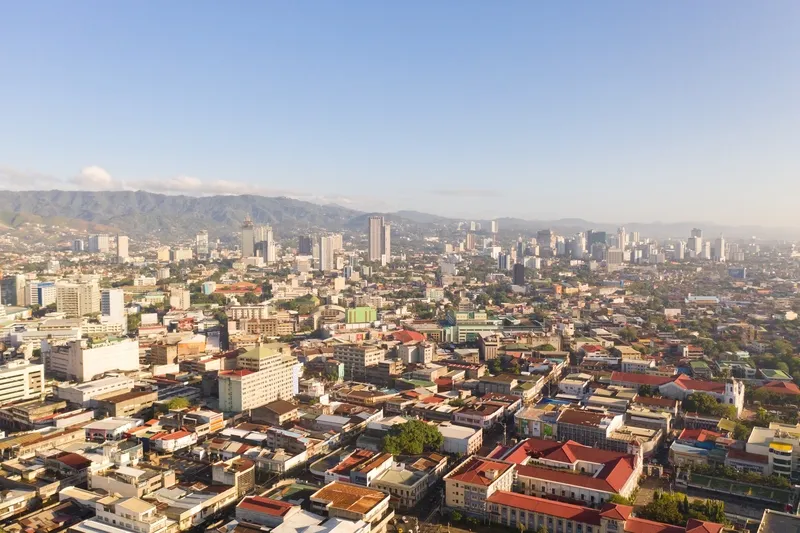
Iteris has been awarded a multi-year contract of up to $5 million by the Florida Department of Transportation (FDoT).
In an extension of an earlier deal, Iteris will provide arterial management services for approximately 500 intersections across major corridors in District Seven in Tampa, which houses almost 20% of signalised intersections in the state.
By reducing vehicle delays and stops on key corridors, the project is designed to help reduce CO2 emissions and fuel consumption throughout Tampa, St. Petersburg and Clearwater, the five-county area surrounding Tampa Bay.
FDoT hopes that this will contribute to sustainable environmental and air quality improvements.
Iteris' remits includes: performance monitoring and reporting, traffic signal timing plan updates, development and implementation of incident diversion routes, citizen comment response and resolution, and regular field inspections for maintenance, with the aim of improving traffic flow, enhancing public safety, and decreasing stops
There is "significant growth planned during the term of the contract", Iteris says.
FDoT’s goals include "significantly" reducing travel time, fuel consumption and greenhouse gas emissions, while improving safety, mobility, reliability, and overall travel experience for all road users, including vehicles, buses, bicycles and pedestrians.
Pete Yauch, transportation systems management and operations practice leader, Consulting Solutions at Iteris says: “This initiative represents the continued expansion of Iteris’ specialised consulting services in a key geographic market, and will ultimately help to increase the value and effectiveness of the region’s existing transportation infrastructure, while also improving safety, air quality and reducing fuel consumption.”









